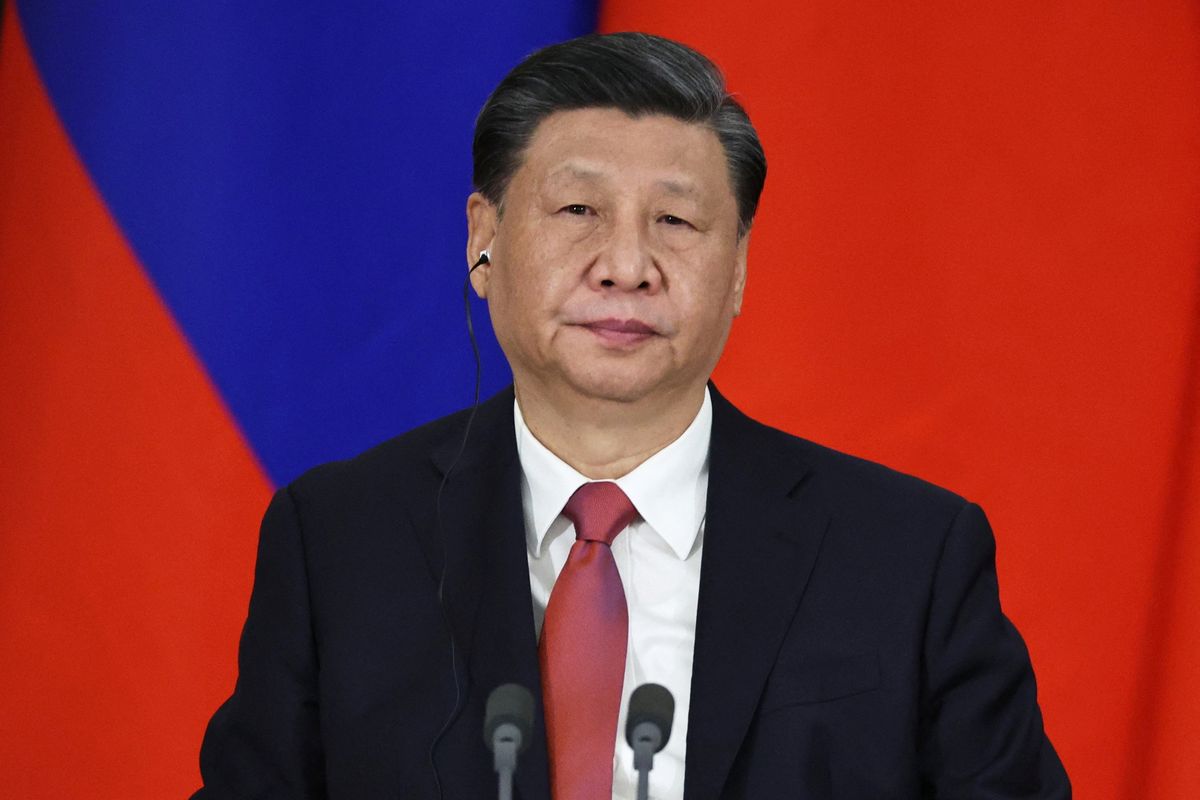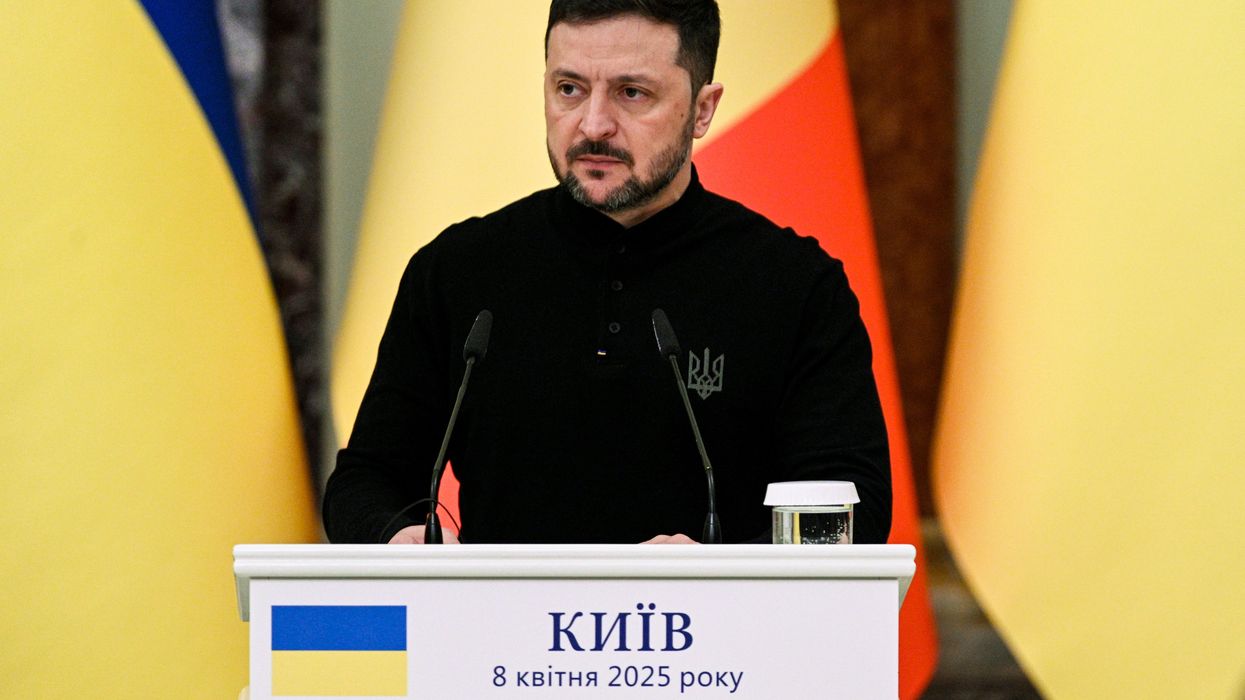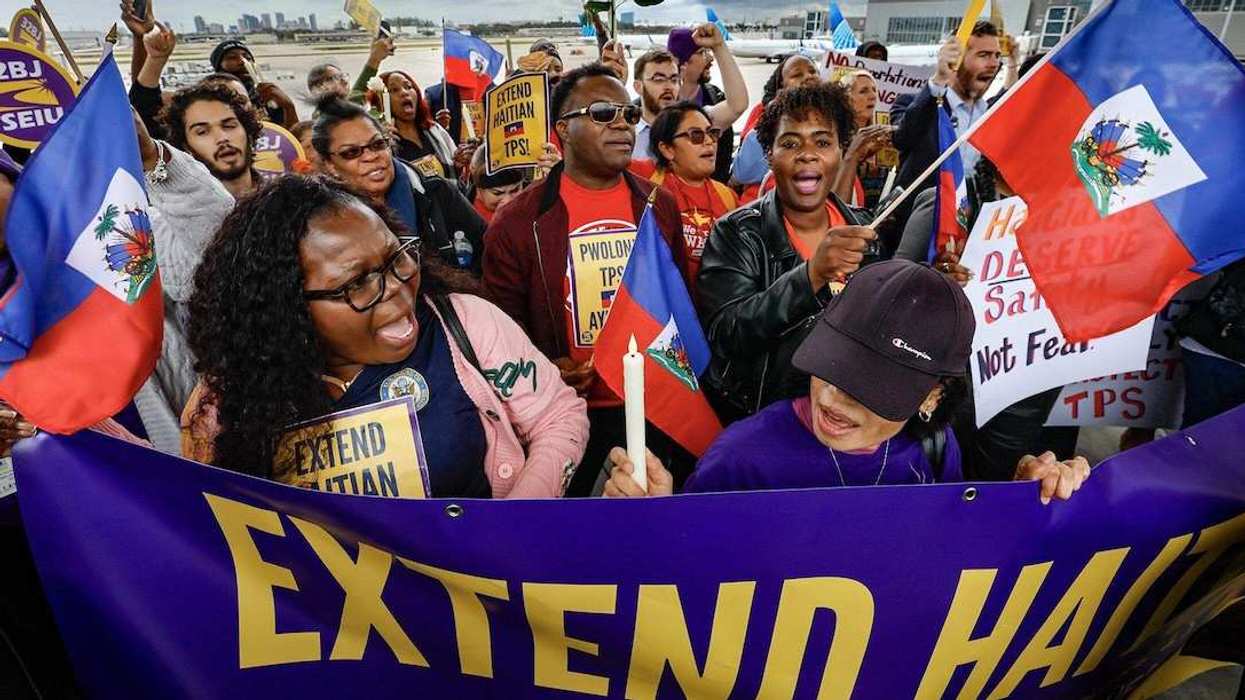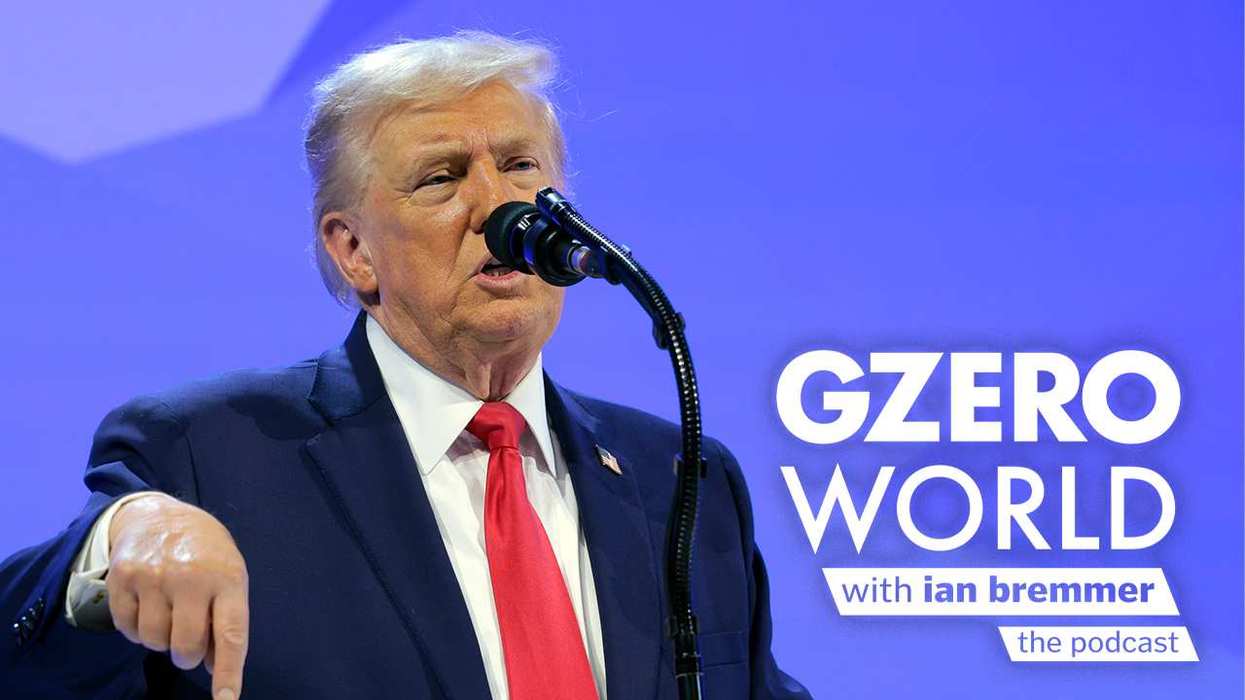Over 18 months of war, President Xi Jinping’s pledge of “friendship without limits” with Russia has repeatedly been tested. China blames the West for Russia’s invasion and continues to buy Russia’s oil at discount prices, but it has also refused to endorse Russian claims on Ukrainian land and offers itself as a neutral player that wants peace.
Last weekend, Saudi Arabia hosted more than 40 countries for talks on how to end the war. Russia, which was not invited, dismissed the gathering as pointless. But Chinese officials, who did attend, said those present helped to “consolidate international consensus” on peace and signaled a willingness to participate in more such meetings. Ukrainian officials hailed China’s words, the US welcomed its participation, and EU diplomats said China’s presence had underscored Russia’s deepening isolation.
On Monday, China and Russia each announced a phone call between Wang Yi and Sergey Lavrov, their respective foreign ministers. Each side reported that the two men spoke about the war and their common interests. Neither side mentioned the weekend’s talks. China says Wang reiterated China’s intention to “uphold an independent and impartial stance” on the war. Russia says the call “once again confirmed the unity” of Russia and China.
China could lead a credible effort to end the war, but it would have to use its economic and political leverage to persuade both the Russian and Ukrainian governments to make concessions they’re still dead-set against making. It matters that China would show up for talks that its Russian friends weren’t invited to, but Ukraine remains a long way from sustainable peace.



















